How Long Does it Take for Probiotics to Work? A Timeline for Gut Health
If you’ve ever struggled with digestive issues or simply wanted to boost your gut health, you’re not alone. Many of us are turning to probiotics in hopes of finding relief and improving our overall well-being. However, the journey to a healthier gut can often feel frustratingly slow, leaving us wondering, “How long will this take?” In this post, I’ll share a clear timeline for when you can expect to see the effects of probiotics, helping you manage your expectations and stay motivated on your journey to better gut health. Let’s dive in together and explore what you can realistically anticipate as you introduce these beneficial bacteria into your daily routine.
Understanding Probiotics
Probiotics have gained popularity in recent years as more people become aware of their importance in maintaining a healthy gut. But what exactly are probiotics, and how do they work? This section will delve into the world of probiotics, exploring their types, sources, roles in gut health, and their mechanisms of action.
What Are Probiotics?
Probiotics are live microorganisms that, when consumed in adequate amounts, provide health benefits to the host. Primarily, they are bacteria or yeasts that help restore the natural balance of gut flora. The human gut is home to trillions of microorganisms, and a balanced microbiome is essential for various bodily functions, including digestion and immune response.
Common Types of Probiotics
Probiotics can be classified into various strains, each with its unique benefits. Here are some of the most commonly studied types:
- Lactobacillus: Found in yogurt and fermented foods, this strain is known for its ability to break down lactose and improve digestive health.
- Bifidobacterium: Often found in dairy products and fermented foods, Bifidobacterium helps in maintaining gut health by inhibiting the growth of harmful bacteria.
- Saccharomyces boulardii: This yeast strain is often used to manage diarrhea and support gut health during antibiotic treatment.
- Streptococcus thermophilus: Commonly found in yogurt, this strain aids lactose digestion and may enhance immune function.
Sources of Probiotics
Probiotics can be found in various foods and supplements. Here are some practical sources:
- Fermented Foods:
- Yogurt: Brands like Chobani and Fage offer probiotic-rich yogurts.
- Kefir: Lifeway Kefir is a popular choice, providing a potent blend of various probiotic strains.
- Sauerkraut: Look for unpasteurized varieties like Bubbies for maximum probiotic benefit.
- Kimchi: This spicy fermented vegetable dish also delivers beneficial probiotics, often found in brands like Wildbrine.
- Probiotic Supplements:
- Culturelle Daily Probiotic: Contains Lactobacillus rhamnosus GG, known for digestive and immune health.
- Align Probiotic: A popular choice that contains Bifidobacterium 35624, which supports digestive function.
- Garden of Life RAW Probiotics: Offers a comprehensive blend of strains, suitable for both men and women.
The Role of Probiotics in Gut Health
Probiotics play a crucial role in maintaining a balanced gut microbiome, which is vital for overall health. Here are several ways probiotics contribute to gut health:
- Restoration of Gut Flora: Probiotics help replenish beneficial bacteria, especially after antibiotic use or during digestive disturbances.
- Improved Digestion: Certain strains can enhance the breakdown of food and nutrient absorption.
- Protection Against Pathogens: By outcompeting harmful bacteria for resources, probiotics can help prevent infections and gastrointestinal issues.
- Immune System Support: A balanced gut microbiome supports the immune system, reducing the risk of illnesses.
Mechanisms of Action
Understanding how probiotics function can help illustrate their importance in gut health. Here are some key mechanisms:
- Competitive Exclusion: Probiotics occupy space in the gut, preventing harmful bacteria from establishing themselves.
- Production of Antimicrobial Substances: Some probiotic strains produce substances such as lactic acid, which can inhibit the growth of harmful pathogens.
- Modulation of Immune Response: Probiotics can influence immune cells, helping to maintain a balanced immune response and reducing inflammation in the gut.
Importance of a Balanced Gut Microbiome
A balanced gut microbiome is essential for overall health. An imbalance, also known as dysbiosis, can lead to various health issues, including:
- Digestive Disorders: Conditions such as irritable bowel syndrome (IBS) and inflammatory bowel disease (IBD) are linked to an imbalanced gut microbiome.
- Mental Health Issues: Recent studies suggest a connection between gut health and mental well-being, with imbalances potentially contributing to anxiety and depression.
- Metabolic Disorders: Dysbiosis can impact metabolism, increasing the risk of obesity and diabetes.
Key Points to Remember
- Probiotics are live microorganisms that confer health benefits, particularly in gut health.
- Common types include Lactobacillus, Bifidobacterium, and Saccharomyces boulardii.
- Sources include fermented foods like yogurt and kimchi, as well as probiotic supplements.
- Probiotics function through mechanisms such as competitive exclusion and immune modulation.
- A balanced gut microbiome is critical for overall health and well-being.
By incorporating probiotics into your diet, whether through food or supplements, you can support a healthy gut microbiome and enhance your overall health. Regularly consuming these beneficial microorganisms may lead to improved digestion, a stronger immune system, and better mental health.
Timeline for Probiotic Effects
Understanding the timeline for probiotics to work can help you manage your expectations and experiences as you embark on your journey toward improved gut health. The effects of probiotics may vary based on several factors, including the type of probiotic taken, the individual’s gut health status, dietary habits, and the specific health issues being addressed. In this section, we will break down the expected short-term and long-term effects of probiotics, providing insights into when you might notice changes.
Short-Term Effects of Probiotics (Days to Weeks)
Probiotics can begin to exert their effects relatively quickly, often within a few days to a couple of weeks. Here are some common short-term effects you might experience:
- Digestive Changes: Many individuals report improvements in digestive health, such as reduced bloating, gas, and irregularity, within the first week. For instance, taking Culturelle Digestive Health can lead to noticeable changes in gut comfort as the friendly bacteria start to balance your gut flora.
- Mood Improvements: Some studies suggest that probiotics can influence mood positively by producing neurotransmitters like serotonin. Products like Renew Life Ultimate Flora Probiotic have been noted for helping users feel a lift in mood and general well-being within a week or two.
- Immune Response: Probiotics can enhance your immune response, helping to ward off colds and other infections. For example, consuming Kefir, a fermented milk drink, may help boost your immune system within a week, potentially reducing the incidence of upper respiratory infections.
Factors Influencing Short-Term Effects:
- Probiotic Strain: Different strains of probiotics have varied effects. For example, Lactobacillus rhamnosus is often linked to digestive health, while Bifidobacterium longum may help with mood regulation.
- Initial Gut Health: If you start with a healthy gut, you might notice improvements faster than someone with significant gut imbalances.
- Dietary Habits: A diet rich in fiber and prebiotics (like those found in fruits and vegetables) can enhance the effectiveness of probiotics and speed up results.
Long-Term Effects of Probiotics (Weeks to Months)
While some benefits of probiotics can be felt quickly, others may take longer to manifest. Long-term use often leads to sustained improvements in overall health.
- Gut Flora Balance: Research indicates that long-term probiotic use can lead to a more balanced gut microbiome. Brands like Garden of Life Dr. Formulated Probiotics often recommend a continuous intake for at least four weeks to experience these changes.
- Chronic Conditions: For individuals managing chronic conditions such as IBS (Irritable Bowel Syndrome) or IBD (Inflammatory Bowel Disease), it may take several weeks to months of consistent probiotic use to notice significant improvements. Products like VSL#3 are specifically designed for such conditions and may require a longer timeline for effectiveness.
- Weight Management: Some studies suggest that probiotics can aid in weight management by influencing fat storage and metabolism. For example, Align Probiotic may show noticeable weight-related effects after consistent use over several months, alongside dietary changes.
Factors Influencing Long-Term Effects:
- Consistency of Use: Regular intake is crucial. Probiotics need to be taken daily to maintain their benefits. Skipping doses can hinder progress.
- Diet and Lifestyle: A balanced diet rich in probiotics and prebiotics can amplify the benefits. Foods like yogurt, sauerkraut, and kimchi, combined with supplements, can help you achieve a sustainable gut health routine.
- Individual Variability: Everyone’s body responds differently to probiotics. Factors such as genetics, age, and previous antibiotic use can influence how quickly and effectively probiotics work for you.
What Changes to Expect and When
Here’s a quick reference table summarizing the expected timeline for probiotic effects:
| Timeframe | Expected Changes | Examples of Probiotic Products |
|---|---|---|
| Days 1-7 | – Reduced bloating and gas | Culturelle Digestive Health |
| – Initial mood improvements | Renew Life Ultimate Flora | |
| – Minor digestive regularity | Kefir | |
| Weeks 2-4 | – Enhanced immune response | VSL#3 |
| – More balanced gut flora | Garden of Life Dr. Formulated Probiotics | |
| Months 1-3 | – Sustained gut health improvement | Align Probiotic |
| – Management of chronic digestive issues | Bifidobacterium longum | |
| – Possible weight management effects | Lactobacillus gasseri |
By understanding the expected timeline for probiotics and the various factors that can influence their effectiveness, you can better navigate your health journey and set realistic goals for your gut health improvements.
Key Takeaways on Probiotic Effectiveness and Timing
In conclusion, my exploration of how long it takes for probiotics to work highlights the variability in individual responses. By recognizing the factors that influence their effectiveness, I can approach my probiotic journey with patience and consistency. Ultimately, embracing my unique health circumstances will be key to achieving the optimal gut health I desire.
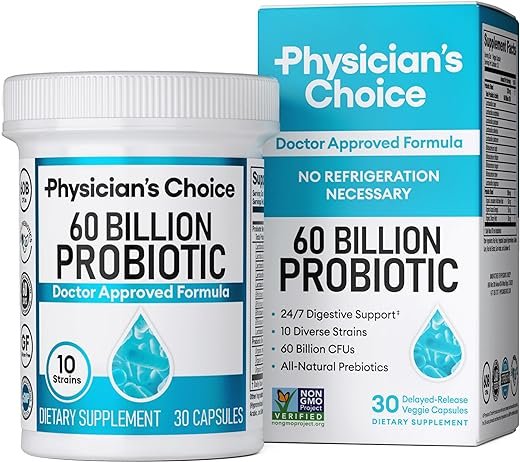
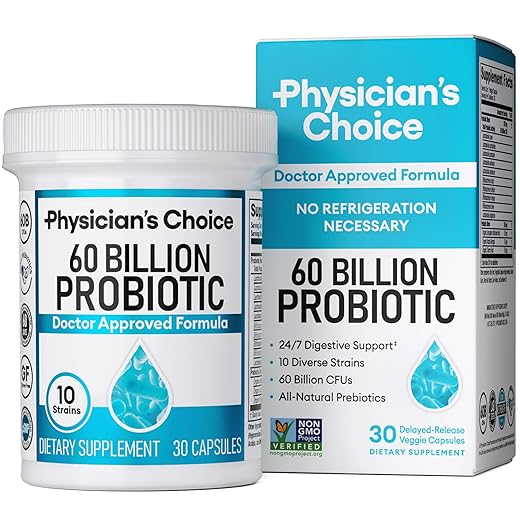


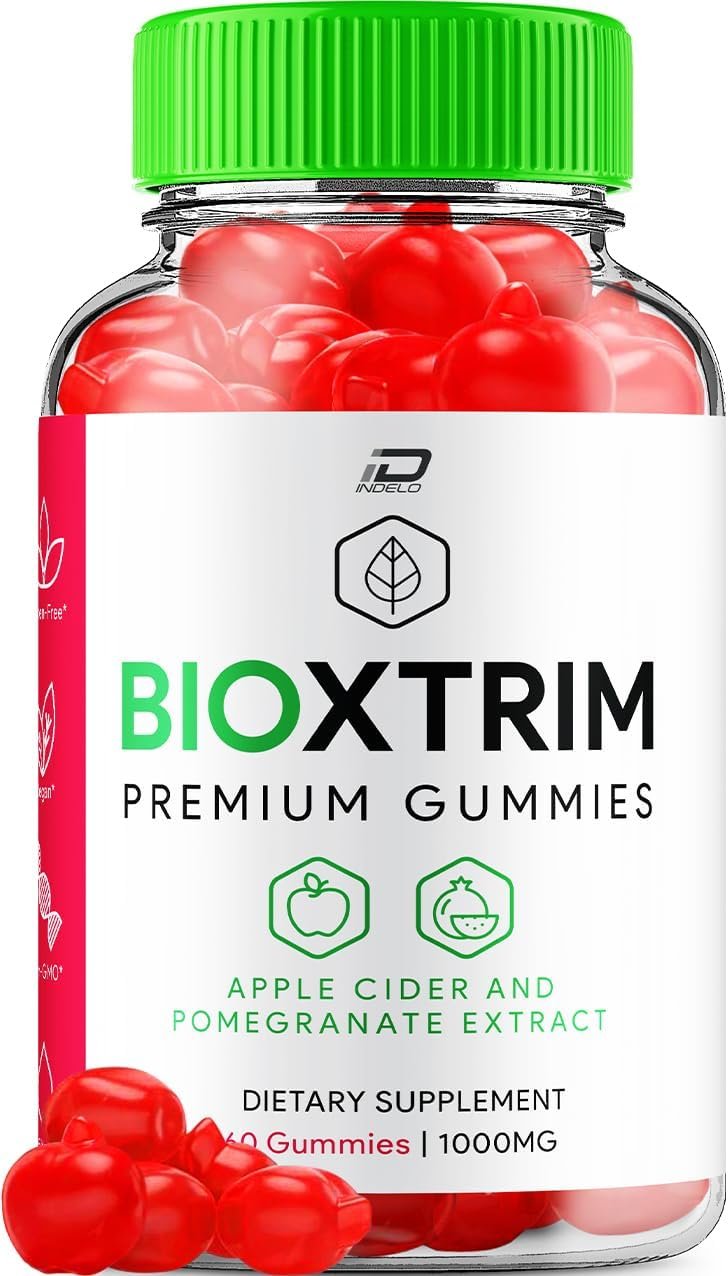
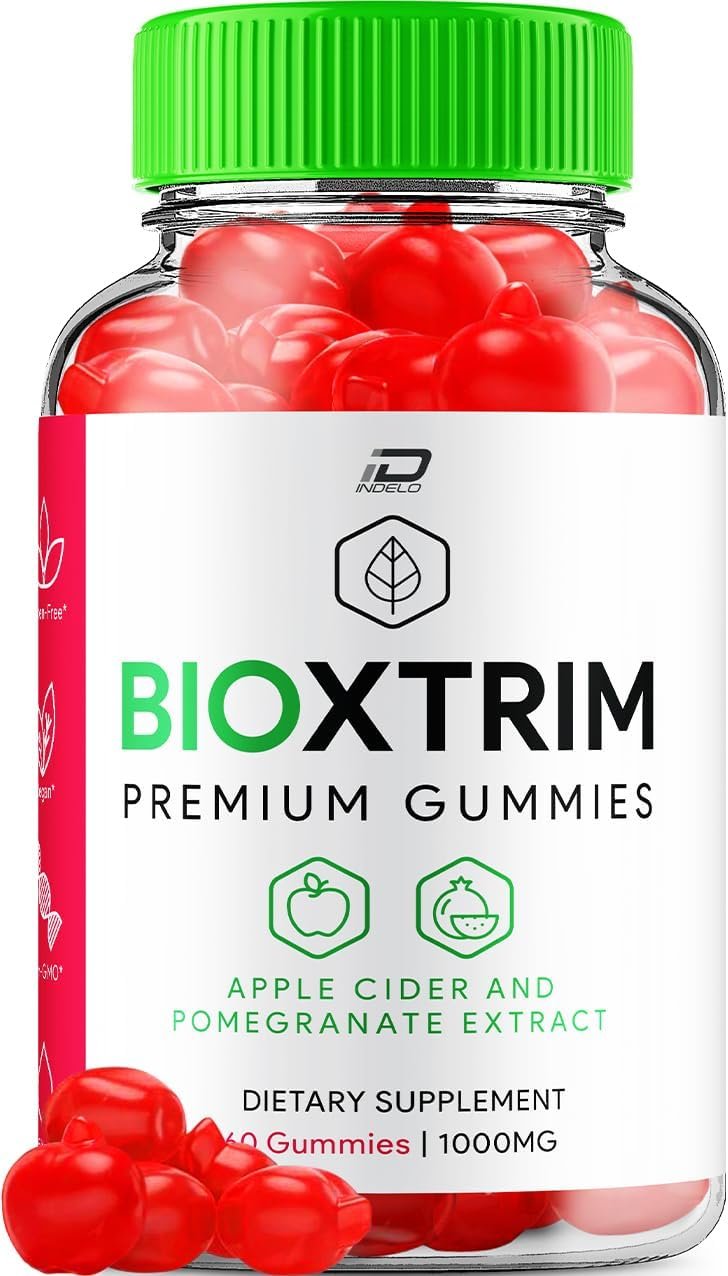
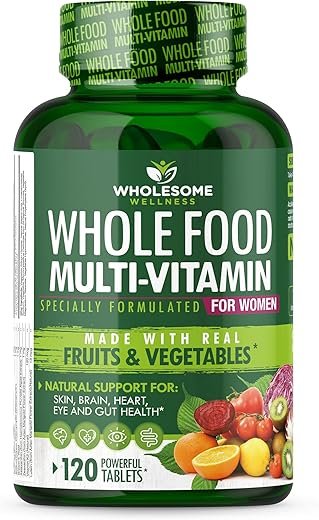
10 comments